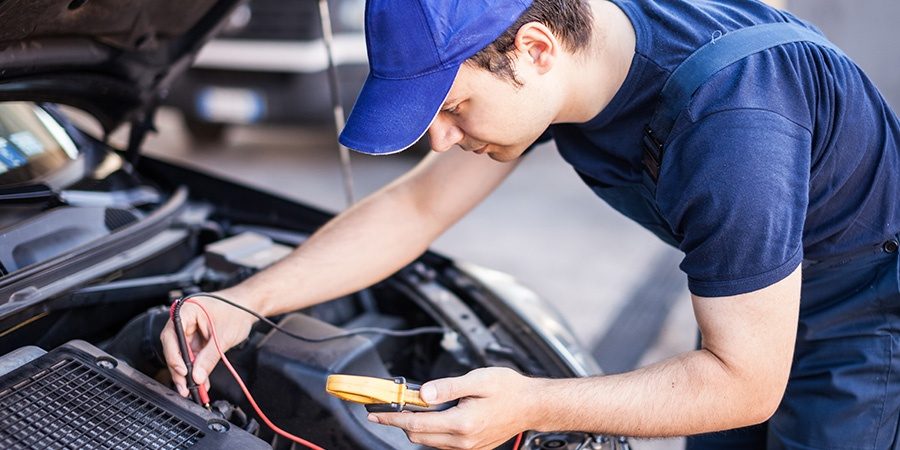Preventative Maintenance: Why Is It So Important for Your Car?
Preventative maintenance does more than simply keep the car in good shape. It’s often necessary in order to keep the manufacturer’s warranty in tact. No manufacturer is going to agree to cover engine repairs on a vehicle that has gone two years without having an oil change. This is why all manufacturer products have a service schedule that’s detailed in their owner’s manual. The schedule will detail what services need to happen at what intervals in order to keep the vehicle running smoothly. Following the schedule and keeping documentation to show it will ensure that should a problem arise, the manufacturer will cover any warrantied repairs.
However, it’s important for dealership staff to educate customers about the complimentary maintenance program or they might not know to use it. After the transaction is complete, sales staff need to provide copies of the point-of-sale materials that will explain the program. Customers might not take the time to read those materials, so staff needs to briefly explain the program to the customer and let them know to keep an eye on their mailbox for a Welcome Kit that will be arriving within a few days.
A Welcome Kit will include a personalized letter thanking the customer for the purchase of their new car. This kicks off the reminder process. As the time for their first complimentary maintenance appointment approaches, our software will generate a notification: either a text, e-mail, or a postcard (the customer will choose which method they prefer for communication). If they go past that appointment without coming in to the dealership, our Lost Opportunity Transformer will kick in to track them down and bring them back.
This is when it’s important to highlight the importance of using ASE certified mechanics, as well as those who have gone through the training specific to that manufacturer. Not only will dealer service technicians be ASE certified and have a full understanding of the various parts and systems in automobiles; they’ll also be trained and experienced in working on GM or Chevrolet or whatever, specifically. Meanwhile, while a general mechanic is going to work on numerous different makes and models, they aren’t an expert on any one. A dealer technician is skilled at spotting issues with a specific type of vehicle that a general mechanic might miss.
In other words, taking your Chevy truck to a general mechanic instead of the dealership could be as iffy as taking your MacBook Pro to a store that repairs Hewlett Packards, Lenovos, and all other types of computers, rather than dropping it with the specialists at an Apple Store. To get the work done faster and get the best outcome, you want technicians who are experts in your specific product.
Educated customers and proper maintenance all comes down to the dealership. By keeping their vehicle running well, ensuring that everything is covered by the warranty without a hitch, and helping the customer understand the value of certified repair technicians, a dealership can create customers that will keep returning for life.


